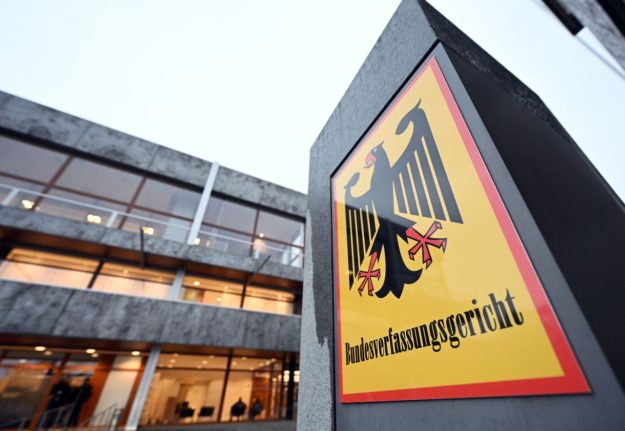After 17 hours of discussion, the parliamentary finance committee approved a total of €179.8 billion of new debt for next year, according to a final document seen by AFP.
The agreement further shatters Germany's constitutionally enshrined debt brake rule, with public spending now nearly €500 billion, as the government continues to support the economy through the health crisis.
Borrowing in Europe's largest economy will be nearly €84 billion more than the finance ministry forecast in September, before the arrival of a damaging second wave of Covid-19.
Chancellor Angela Merkel announced tough new measures for November that closed restaurants, bars, as well as the tourism, leisure and cultural industries.
Earlier this week, Merkel announced the extension of these measures through January unless coronavirus case numbers come down dramatically.
On Friday, Germany passed the milestone of one million cases since the start of the pandemic.
The government has promised €10 billion in support of sectors specifically hit by the November measures, dubbed “lockdown light” in the media.
Among the fresh aid announced Friday was €18 billion for companies and the self-employed in December, as restrictions that shut the gastronomy, travel and cultural sectors in Europe's largest economy are to continue into January.
“It costs a lot of money, but the alternative of a wave of bankruptcies and layoffs would be even more expensive for all of us,” Finance Minister Olaf Scholz said.
READ ALSO: Germany plans €17 billion in aid to companies and freelancers for extended shutdown
Berlin said it would extend for a month emergency aid to support business most affected by the restrictions.
The impact of the pandemic has forced Merkel's government to temporarily abandon its years-long dogma of a running a balanced budget.
This year, Germany will borrow €218 billion, after the government pledged more than a trillion euros to shield German workers and companies from the virus fallout.
The new debt is “necessary to get our country safely through the once-in-a-century pandemic”, said the spokesman for Merkel's CDU party on the budget committee, Eckhardt Rehberg.
The government expects to return to net-zero new borrowing in 2022, in the hope that by then the economy will have returned to pre-crisis levels.
Berlin expects the economy to shrink 5.5 percent this year, before rebounding 4.4 percent next year.
Parliament will reconvene from December 7th to approve the budget.



 Please whitelist us to continue reading.
Please whitelist us to continue reading.
Here come the tax increases.